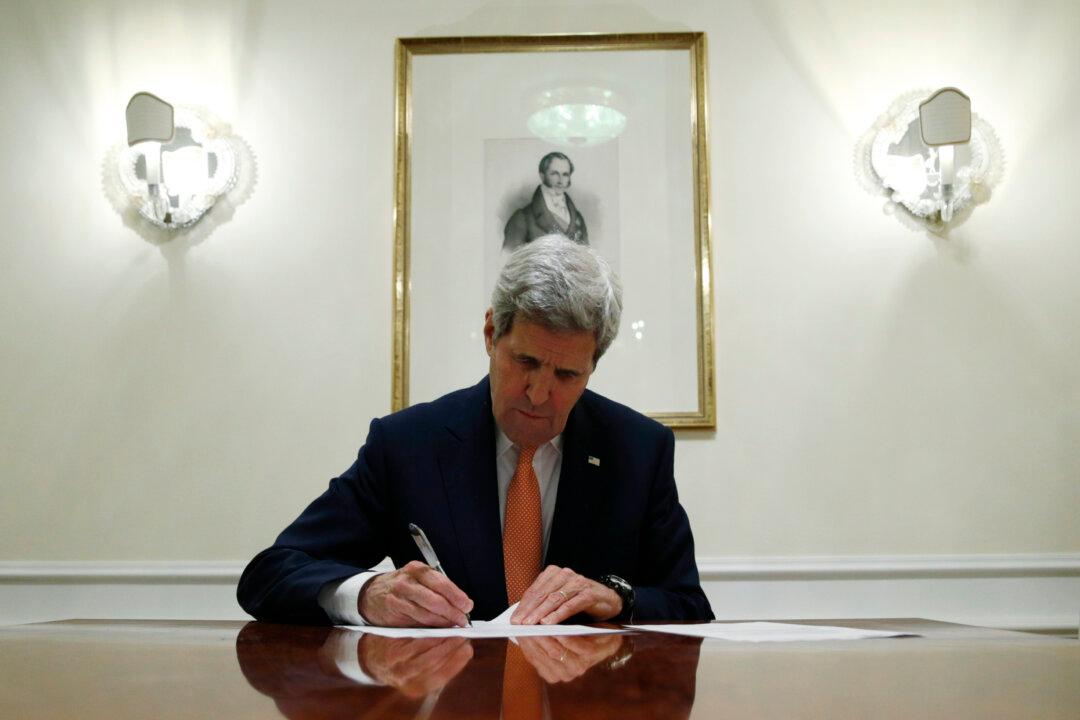Last June, Turkey held a general election, but no single party won enough seats within the legislature to form a single ruling party. After a few months of trying, it was clear that no coalition government could be formed, either.
President Recep Tayyip Erdogan was therefore forced to call another election, in line with parliamentary practice when situations like this occur.
Why Does the AKP Want to Amend the Constitution?
Right now, Turkey is a parliamentary democracy. Most powers are held with the prime minister, and the president largely serves a ceremonial role.
Ever since Erdogan moved from prime minister to president, he has sought to consolidate more and more power and hopes to turn Turkey into presidential system of government. For the time being, at least, it looks like this idea will be shelved.
What Were the Results?
Voter turnout was incredibly high at 85 percent. By comparison, during the last U.S. presidential election, voter turnout was around 57 percent.
With a Parliament of 550 seats, the conservative- and Islamist-leaning but economically liberal Justice and Development Party (AKP) needed at least 276 seats to form a government. AKP ended up with 316 seats received, allowing them to form a single-party government.
However, Erdogan’s AKP was far off its dream goal of the 400 seats needed to amend the constitution or even the 330 seats needed to amend the constitution with a public referendum.
So Now That There Is a Government, Is Turkey United?
Although Prime Minister Ahmet Davutoglu’s victory speech was conciliatory and spoke of the AKP governing for all Turks, the country is still starkly divided between those who favor a Western secular style of government on the one hand and those who prefer a more socially conservative and Islamist style of government on the other.

